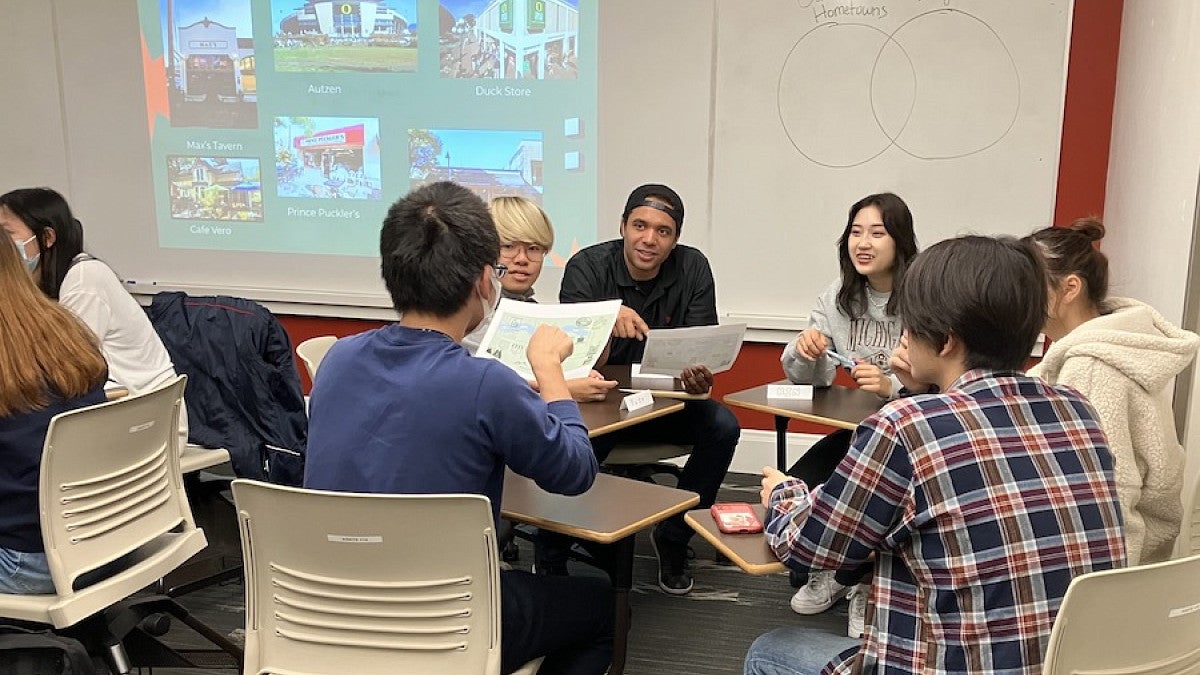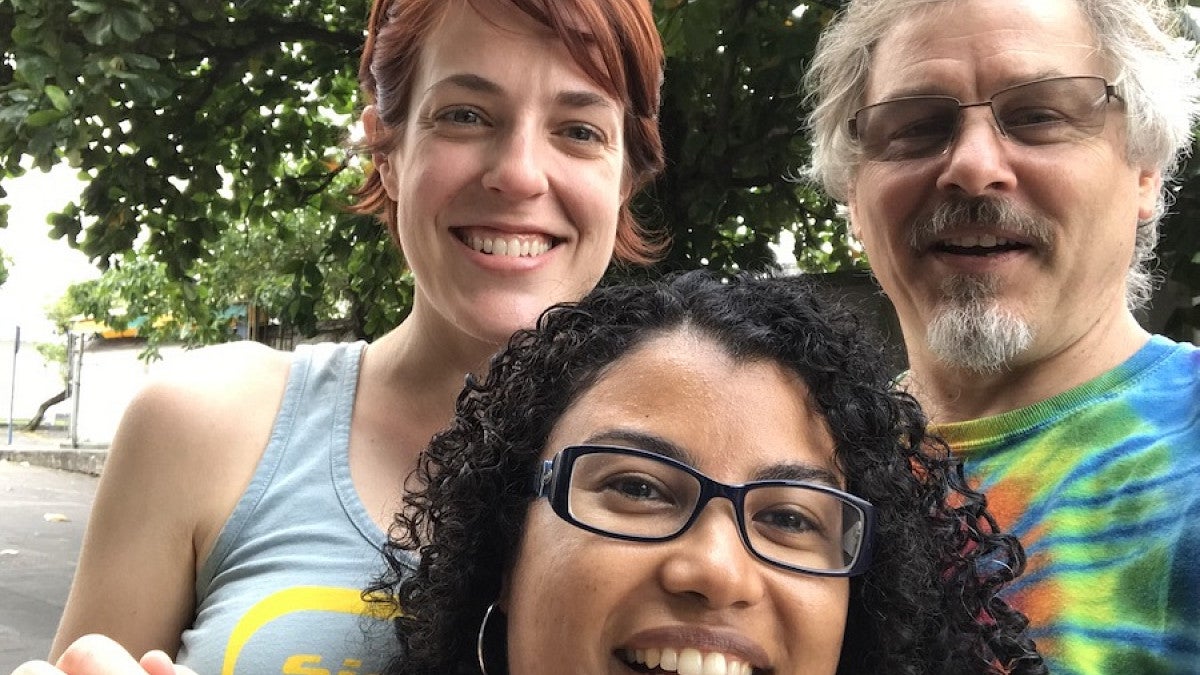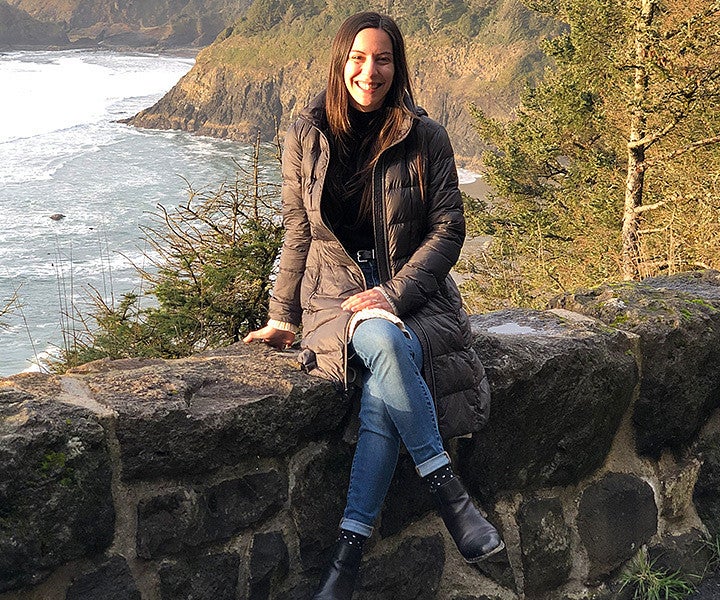Explore our Graduate Programs
As scientists, we seek to explain why the many language patterns we identify take the form that they do, and to understand how linguistic structure arises. Graduate students in the Department of Linguistics work with leading scholars whose research ranges from field linguistics to lab-based experimental approaches, sociolinguistics, and applied linguistics.

Master’s Degree in Language Teaching Studies
This 11-month intensive graduate program is a terminal degree for teachers of English and/or teachers of other languages. LTS prepares leaders in language education. In this era of globalization, the program serves the evolving needs of learners of more commonly taught languages such as English, Spanish, or Japanese, as well as less commonly taught languages such as the indigenous languages of the Pacific Northwest. Students can specialize in more than one language.
Priority application: February 1st. Rolling admissions after February 1st.
LTS Master’s Degree Requirements
Masters Degree in Linguistics
The master's degree program in linguistics provides students with the foundational coursework to conduct graduate-level research in linguistics. We will begin taking applications in the Fall of 2025.
Linguistics Master's Degree Requirements

Doctorate Degree in Linguistics
Tailored to the individual student’s needs and professional goals, the PhD program in Linguistics combines a foundation in functional linguistic theory with a strong preparation in empirical research methods, both in laboratory and field settings. The PhD program cuts across the College, with support from the fields of East Asian and Romance Languages, Psychology, Neuroscience, Anthropology, and Computer Science.
Our strengths include:
- Descriptive linguistics
- Language revitalization
- Historical/typological/areal linguistics
- First and second language acquisition
- Second language teaching
- Laboratory phonology and phonetics
- Sociolinguistics
- Corpus linguistics

The Influence of Social Information on Speech Intelligibility
“The goal of my study is to analyze the ways that language ideologies within the US Latino community interact with social expectations related to speech production, and ultimately influence how intelligible listeners perceive a speaker to be. Intelligibility refers to a listener’s ability to transcribe the speech and has been found to be susceptible to factors external to the speech stream like language ideologies and listeners’ expectations.”
—Cecelia Staggs, PhD candidate, 2025
Funding your Graduate Studies
Explore the best ways to get help paying for school. Find costs and funding information for the MA in Language Teaching Studies, support for the PhD program in Linguistics, and general support at the college and university level.


